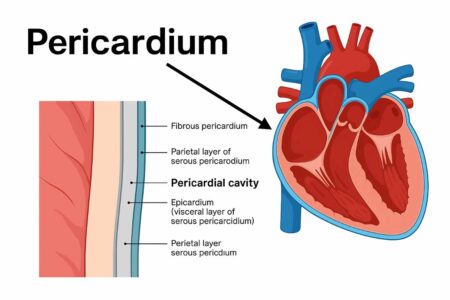According to the Pew Research Centre, about 46% of adults in the US have reported they have close friends or family who are or were suffering from addiction.
If you witness a loved one abusing substances, it can be very distressing and take a huge toll on your mental health and emotional well-being.
You can’t even force them out of addiction. But remember, your love, support, patience, and awareness can play a vital role in their recovery.
So, remind yourself to support them on the way to their recovery. If you’re unsure where to start, you can start with one of these ways.
1. Understand what led to it
To help an addicted loved one, start by knowing its root cause. They might have resorted to addiction to cope with emotional pain or mental health issues like depression, anxiety, etc.
On the other hand, some people practice ‘self-medication’ for self-diagnosed issues. And unprescribed drugs are one of the major reasons why people get addicted.
It’s an open secret that many start abusing substances for recreation or to ‘fit in.’ Alternatively, drugs prescribed by doctors as a course of treatment can be misused for the wrong reasons.
Though there are different possibilities, note that the exact cause of addiction differs for each addict. Genetics and environmental factors play major roles in causing such problems.
By understanding what might have led your loved one to resort to substance abuse, you can identify and remove the trigger from their environment or practice caution.
It’s common for people to return to where they started. So, your awareness of the reason can be of great help.
2. Recognize addiction in your loved one
It is not easy to recognize addiction symptoms, even if it’s someone very close to you. For example, the signs of drug abuse can resemble normal adolescent moodiness in teens.
The frequency or the amount of drugs they consume is not the problem. The greater issue is the adverse effects it has on them and those around them (including you).
However, if you pay close attention, some cues might help you recognize an addiction problem. These include trouble at school or work, new health issues, abrupt behavioral and mood changes, and more.
3. Support them in their recovery journey
You can support your loved one in their recovery journey and encourage them to seek treatment. However, it is hardly ideal for you to force them to change their course of action.
So, let your loved one willingly walk on the road to sobriety. If you truly want to help them in their journey, understand that the process is different for everyone.
Adjust your expectations, or else it might make them feel disappointed and defeated. Encourage and accompany your loved one to doctor’s appointments, counseling sessions, or support group meetings.
You must also ensure they address related issues. For example, if your loved one resorted to substance abuse to cope with their mental health issues. Book an appointment with a therapist to fix the root cause. Otherwise, it can trigger them to relapse.
Moreover, you must also get your hands on a reliable drug testing kit for fast and accurate results. With a good kit, you can monitor whether your loved one stays true to the process. Get as many as you need for regular testing at once, and it will be much cheaper.
4. Set boundaries and stick to them
Often, fall into the trap of ‘enabling’ when loved ones get addiction problems. This means you cover for them and shield them from the consequences of their actions.
It’s not a good idea to take up their responsibilities, rearrange your life for their addiction, or prioritize their feelings over yours. You might do all this out of the desire to be supportive, but it will only help their cause and take a toll on you.
That’s when you must set boundaries and maintain them. Communicate the boundaries and make them aware of them. It might become difficult for you to stick to them, but remind yourself of the reasons for the greater good.
Wrap It Up!
It’s not easy to help an addicted close one recover. But it’s not impossible either. Remember to take care of yourself while supporting their sobriety journey. Follow these basic tips, and good times will return!






